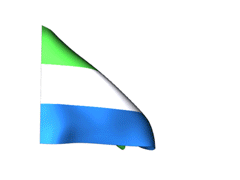
.jpg)

.jpg)
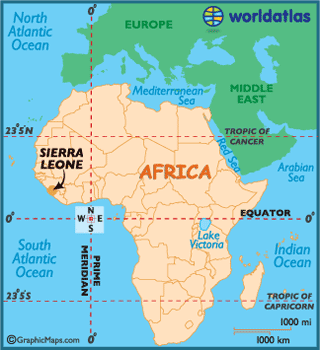
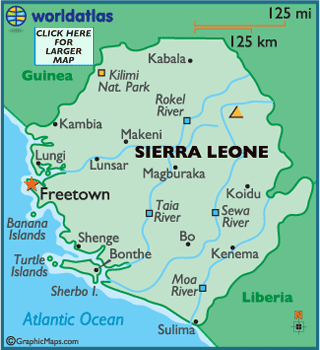
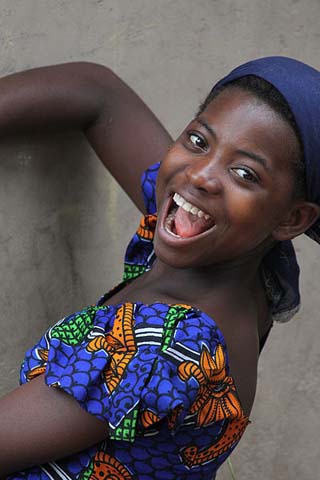
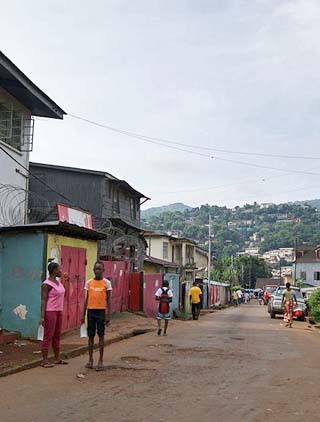
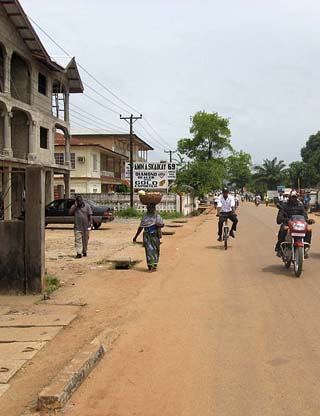
.jpg)
Tel Code..: +232
Ethopian Airlines - Lufthansa - British Air Ways -Air France
Viza..: Needs
Courses or boosters usually advised: Hepatitis A; Poliomyelitis; Tetanus; Typhoid; Yellow Fever.
Other vaccines to consider: Cholera; Diphtheria; Hepatitis B; Meningococcal Meningitis; Rabies.
Yellow fever vaccination certificate required for travellers over 1 year of age arriving from countries with risk of yellow fever transmission.
Name: Siero Leone
Dominated for centuries by coastal tribes, the region of present-day Sierra
Leone has been occupied continuously for nearly 2,500 years.
European explorers
reached the African coast during the 15th century. Pedro de Sintra from Portugal arrived
in 1462 and began mapping out the hills surrounding Freetown Harbour, and Portuguese traders,
as well as the Dutch and French,
quickly followed.
During the late 18th century a settlement was founded called the "Province of
Freedom," and a number of recently freed slaves began arriving off the coast of
Sierra Leone seeking refuge.
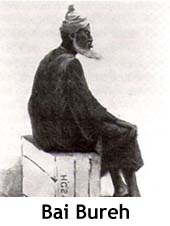 Sierra Leone served
as the residence of theBritish governor
during the early 20th century, much to the dismay of the indigenous peoples, and
several unsuccessful revolts against theBritish were
carried out, including the notable Hut Tax war of 1898 led by Bai Bureh.
Sierra Leone served
as the residence of theBritish governor
during the early 20th century, much to the dismay of the indigenous peoples, and
several unsuccessful revolts against theBritish were
carried out, including the notable Hut Tax war of 1898 led by Bai Bureh.
Sierra Leone was divided into a Protectorate and Colony in 1924, with each side
having their own political system, and in 1947 conflict between both sides
sparked a move to provide for a single political system, and in 1951 Sir Milton
Margai oversaw the drafting of a new constitution.
Sierra Leone finally achieved independence from Great
Britain in
1961, and Sir Milton Margai was elected the country's first Prime Minister.
After Sir Milton's unexpected death in 1964, the parliament appointed his half-brother,
Sir Albert Margai as Prime Minister, and the country shifted to an increasingly
authoritarian era of ruling.
Riots erupted in Freetown against Sir Milton's policies, and in 1967 Siaka
Stevens was sworn in as Prime Minister. After an eighteen year reign, Stevens
retired from politics in 1985, and Major General Momoh was appointed to the
position.
In March 1991, after a failed attempt to overthrow Momoh's government, a civil
war enveloped the country, lasting a decade and resulting in tens of thousands
of deaths and the displacement of more than 2 million people (about one-third of
the population).
These days, the government is slowly reestablishing its authority after the
civil war.
The last UN peacekeepers withdrew in December 2005, leaving full responsibility
for security with domestic forces, but a new civilian UN office remains to
support the government.
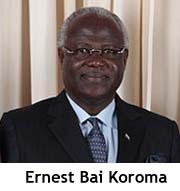 Presidential elections
were held in August of 2007, however, no presidential candidate won a majority
of the votes, causing a runoff election to be held in September. Ernest Bai
Koroma was elected president.
Presidential elections
were held in August of 2007, however, no presidential candidate won a majority
of the votes, causing a runoff election to be held in September. Ernest Bai
Koroma was elected president.
Sierra Leone is one of the 10 top diamond producing countries in the world, and
as such, diamonds and other mineral exports are the country's main source of
income.
Although Sierra Leone has seen economic success the past several years, there
are still significant economic challenges – particularly high unemployment.
Colombian drug cartels are moving into Sierra Leon, using it as a base to ship
drugs to Europe
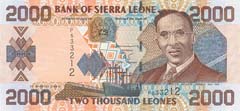
Located on the western coast of Africa,
Sierra Leone contains four distinct regions: plateaus, mountains, lowland
plains and forests.
The plateaus in the eastern portion of the country are diffused with high
mountains, including Sierra Leone's highest point Loma Mansa (Mount Bintimani)
at 6,391 ft (1,948 m).
As you move west, the center part of the country is made up of lowland plains
punctuated by forests, bush and farmland, all of which gives way to Guinean
mangrove swamps along the coast.
Major sources of water include the Rokel River, Taia River, Sewa River, and
Moa River.
The lowest point of the Sierra Leone is the Atlantic Ocean (0 m).
Sierra Leone has a tropical climate with average temperatures ranging from
78°F (26°C) to 96°F (36°C) annually.
During the months of May through November the country experiences a rainy
season, followed by a dry season from December to May.
Sierra Leone's economy is predominantly agricultural, with about half of its workers engaged in subsistence farming. The principal food crops are rice, cassava, corn, millet, and peanuts. The leading cash crops, most of which are exported, are coffee, cocoa, palm kernels, and palm oil. Poultry, cattle, sheep, pigs, and goats are raised. The fishing industry is also important.
The country has an important mining industry, which is largely controlled by foreign companies. The main minerals extracted are diamonds (the country's major source of hard currency), iron ore, gold, bauxite, and rutile (titanium ore). However, the mining industry, like other areas of the economy, was severely affected by civil strife. Since 2009 a number of offshore oil discoveries have been made. The country's few manufactures include refined petroleum and basic consumer goods. There is commercial ship repairing. Sierra Leone has limited rail and highway networks, which mostly serve the central and western parts of the country. Freetown has excellent port facilities; smaller ports are located at Bonthe (on Sherbro Island) and Pepel (near Freetown).
The cost of Sierra Leone's imports is considerably higher than its earnings from exports. The principal imports are foodstuffs, machinery, transportation equipment, fuels, and chemicals; the chief exports are diamonds and other minerals, cocoa, coffee, and fish. Diamond smuggling has been a problem since the 1960s, and during the civil war much of the diamond-mining area fell into the hands of rebel groups. Sierra Leone's leading trade partners are Belgium, Germany, the United States, and Côte d'Ivoire.
Sierra Leone is governed under the constitution of 1991 as amended. The
executive branch is headed by the president, who is both head of state and
head of government. The president is popularly elected for a five-year term
and may serve for two terms The unicameral Parliament has 124 members; 112 are
popularly elected and 12 are paramount chiefs who are chosen in separate
elections. All members serve five-year terms. Administratively, Sierra Leone
is divided into 3 provinces and one area.
The two main ethnic groups are the Mende, who speak a Mande language and live in the central and southern parts of the country, and the Temne, who speak a W Atlantic language and live in the north. There are also Creoles or Krios, descendants of freed slaves from North America, the West Indies, and other parts of W Africa. The population also contains small numbers of South Asians and Lebanese, who play a major role in the nation's commerce. English is the country's official language and Krio, a mixture of several African languages and English, is the lingua franca. About 60% of the population is Muslim, 30% follows traditional religious beliefs, and 10% is Christian.